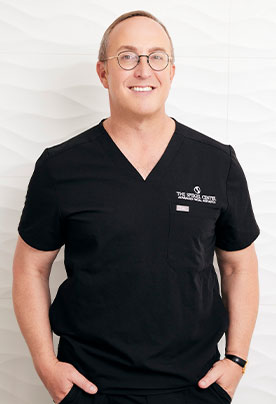
Many people know that vitamin D is important for their overall health, but not everybody realizes that it is also essential for healthy skin. That’s partly because the most common source of this vitamin – the sun – is also a common source of skin damage. By balancing your sources of this essential nutrient, however, you can greatly improve the look and health of your skin. Here are a few facts about this important vitamin and what it can do to help your skin.
Facts about Vitamin D
Despite its name, this nutrient isn’t an essential vitamin in the purest sense of the term in that it isn’t required as a dietary supplement for daily nutrition. However, a lack of this vitamin can cause health problems because it helps the body metabolize calcium. That means that if you don’t get enough of this important nutrient, you might wind up with weaker bones than normal. This can have an effect on your skin as well, leaving more wrinkles and other signs of aging. You won’t normally find this vitamin listed on the nutritional facts of food, but a deficiency in this area can leave your body less able to gain the full benefits of all the other important vitamins and minerals you take in on a daily basis.
Where does it Come From?
Most people get this vitamin through exposure to the sun. Regular exposure to sunlight allows the body to absorb and metabolize the nutrient. Not everybody gets enough of this vitamin through sunlight exposure, though. Those who work nights, who remain inside most of the day, or who have certain medical conditions might not get all the necessary vitamins from the sun. Furthermore, people who want better skin and stronger bones can usually benefit from adjusting their diet or taking supplements to get more nutritional benefits. Good foods for getting more of this vitamin include fatty fish such as salmon and tuna, cheese, eggs yolks, and beef liver.
How does it Help your Skin?
The skin absorbs this vitamin from exterior sources, such as the ultraviolet light coming from the sun. You can consider the skin to be kind of like a muscle in this case – the more exercise you give it (in this case allowing to to absorb vitamins), the healthier it will be. Because it has such an effect on the skin, this vitamin can also be essential to healing certain skin conditions, ranging from warts to shingles. It is worth noting that the absorption of this vitamin is reliant on ultraviolet light. While it’s important to wear sunscreen outside, this can sometimes decrease the vitamin absorption, meaning that you might need to adjust your diet to compensate for this.
If you want healthy skin and bones, it is essential to get as much vitamin D as possible. You can’t rely entirely on sunlight to give this to you. You should make sure you maintain a healthy diet and, if necessary, talk to your physician about the possible benefits of vitamin D supplements.
Image Source: Flickr/Creative Commons/vivek jena





